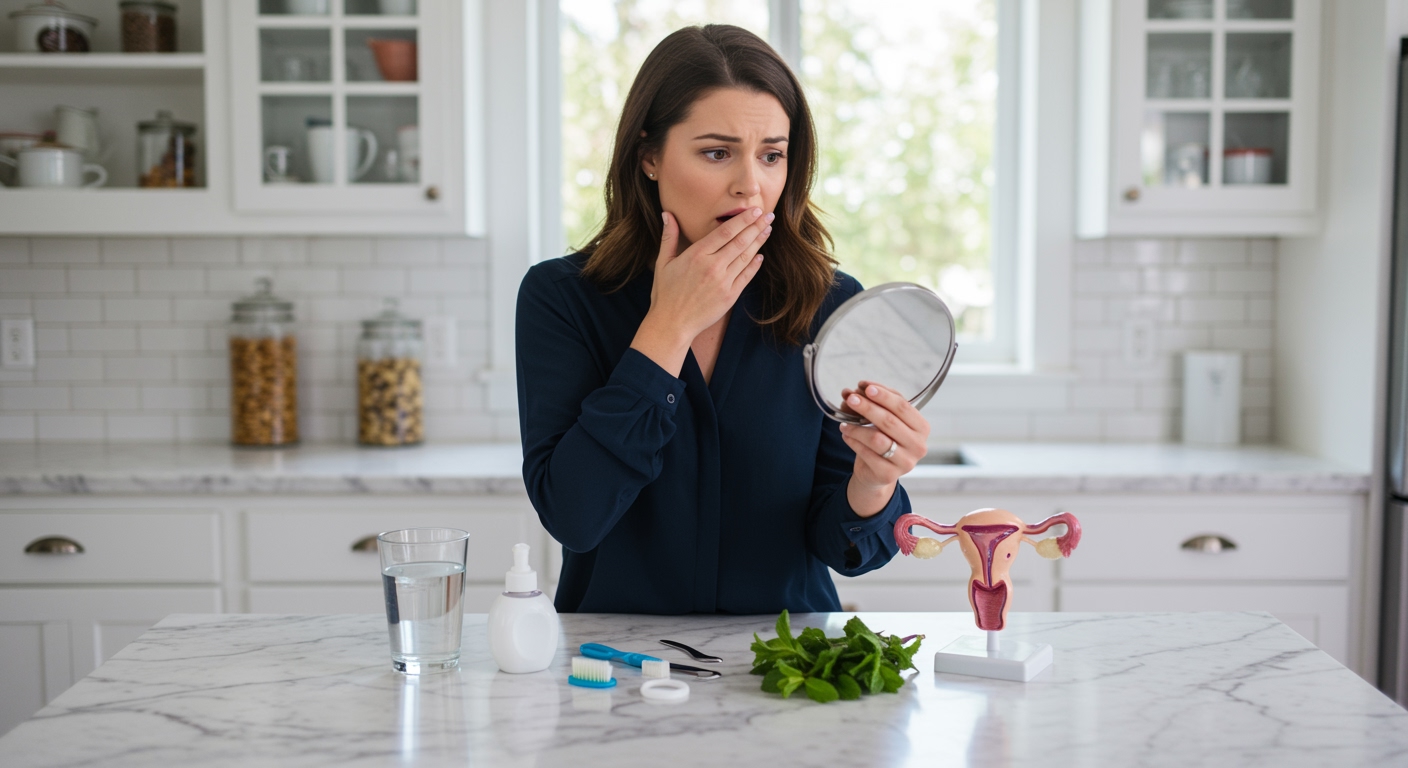✪ Key Takeaway: White peony may help regulate hormones in PCOS but lacks strong evidence for directly improving ovarian function.
Introduction
You scroll through social media and see another post claiming white peony can fix your PCOS ovarian problems overnight.
Maybe you are asking this question because you have tried everything else and feel desperate for a natural solution that actually works.
Hi, I am Abdur, your nutrition coach and today I am going to explain what science really says about white peony and PCOS ovarian function.
What Exactly Is White Peony Root?
White peony root comes from the Paeonia lactiflora plant and has been used in traditional Chinese medicine for over 1000 years.
The root contains active compounds called paeoniflorin and paeonol that may influence hormone production in your body.
Traditional practitioners believe white peony can balance hormones and reduce inflammation throughout your reproductive system.
Modern research shows this herb might affect your hypothalamic-pituitary-ovarian axis, which controls your menstrual cycle and ovulation.
However, most studies focus on hormone regulation rather than direct ovarian function improvement.
✪ Fact: White peony root is often combined with licorice root in traditional formulas for women’s health issues.
How Does White Peony Affect PCOS Hormones?
White peony may help reduce elevated testosterone levels that are common in women with PCOS.
Some studies suggest the herb can lower luteinizing hormone levels, which are often too high in PCOS patients.
The paeoniflorin compound appears to influence aromatase enzyme activity, which converts androgens to estrogens in your body.
This mechanism could theoretically help restore better hormone balance and reduce some PCOS symptoms.
However, hormone regulation does not automatically translate to improved ovarian function or better egg quality.
Your ovaries need proper insulin sensitivity, adequate blood flow, and reduced inflammation to function optimally.
✪ Pro Tip: Always monitor your hormone levels with blood tests when using any herbal supplements for PCOS.
What Does Current Research Show About Ovarian Function?
Most clinical studies on white peony focus on menstrual regularity rather than direct ovarian function measurements.
A few small studies suggest white peony might help some women achieve more regular ovulation patterns.
However, these studies often combine white peony with other herbs, making it impossible to isolate its individual effects.
No large-scale randomized controlled trials have specifically tested white peony for PCOS ovarian function improvement.
The existing research lacks proper control groups and standardized dosing protocols for reliable conclusions.
Most evidence remains anecdotal from traditional medicine practitioners rather than rigorous scientific studies.
✪ Note: Quality research on herbal supplements for PCOS remains limited compared to conventional treatments.
Are There Any Risks or Side Effects?
White peony is generally considered safe for most people when used in appropriate doses.
Some women report mild digestive upset or nausea when first starting white peony supplements.
The herb may interact with blood-thinning medications or hormone replacement therapy.
Pregnant and breastfeeding women should avoid white peony due to insufficient safety data.
Quality control issues with herbal supplements mean you might not get consistent dosing or purity.
✪ Pro Tip: Always consult your healthcare provider before adding any herbal supplements to your PCOS treatment plan.
What Works Better for PCOS Ovarian Function?
Lifestyle changes remain the most effective approach for improving ovarian function in PCOS patients.
Regular exercise and a balanced diet can significantly improve insulin sensitivity and hormone balance.
Weight loss of just 5-10% can restore regular ovulation in many women with PCOS.
Metformin and other insulin-sensitizing medications have stronger evidence for improving ovarian function.
Inositol supplements show more promising research results for PCOS management than most herbal remedies.
Stress management and adequate sleep also play crucial roles in reproductive health optimization.
✪ Fact: Combining evidence-based treatments with lifestyle changes produces the best outcomes for PCOS management.
The Bottom Line
White peony might offer some hormone-balancing benefits for PCOS, but the evidence for directly improving ovarian function remains weak.
Hope is important, but evidence-based treatment gives you real results, and you deserve both hope and effective solutions for your PCOS journey.
I would love to hear about your experiences with white peony or any questions you have about natural PCOS management in the comments below.
References
At NutritionCrown, we use quality and credible sources to ensure our content is accurate and trustworthy. Below are the sources referenced in writing this article:
- PMC: Traditional Chinese Medicine for PCOS
- Wiley Online Library: Herbal Medicine for PCOS Management
- PMC: Natural Compounds in PCOS Treatment
- PMC: Phytotherapy for Reproductive Health





